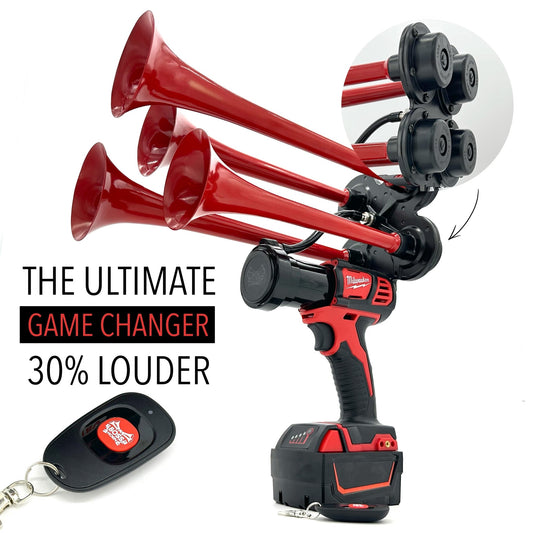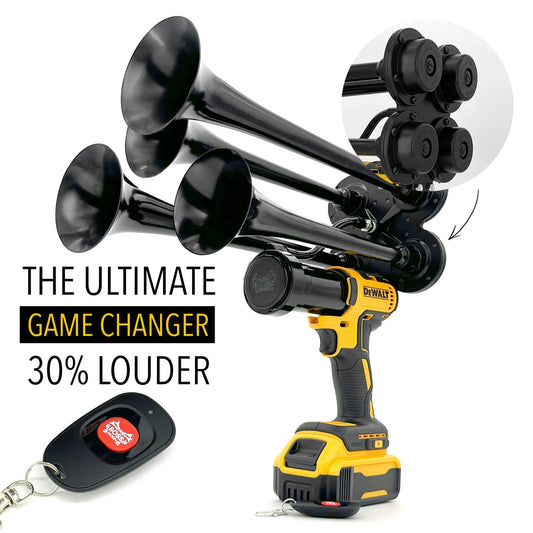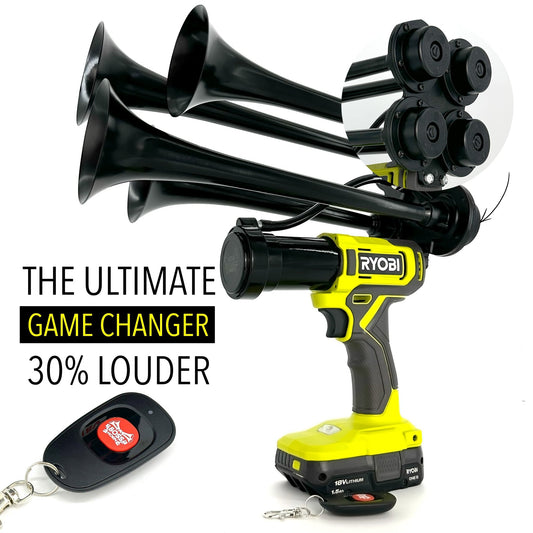Squirrels are known to be highly sensitive to various noises in their environment, often being startled or scared away by certain sounds. These sounds can help keep squirrels away from gardens and homes, preventing damage to property and plants. This method has been used for centuries by gardeners and homeowners looking to deter these pesky rodents from causing trouble.
One of the most common methods used to scare away squirrels is to utilize loud noises that startle and frighten them. This can include banging pots and pans together, clapping hands loudly, or even playing loud music near areas where squirrels are known to frequent. By creating a noisy environment, squirrels are less likely to stick around and cause havoc.
Interestingly, studies have shown that squirrels have a heightened sense of hearing, making them particularly susceptible to loud and sudden noises. This means that by strategically using sound as a deterrent, it is possible to effectively keep squirrels at bay without causing them any harm. This humane method of pest control is preferred by many individuals looking to protect their property without resorting to harmful chemicals or traps.
In addition to loud noises, some homeowners have found success in scaring away squirrels by using motion-activated devices that emit high-frequency sounds. These ultrasonic devices are designed to be unpleasant to pests like squirrels, encouraging them to stay away from the area. By utilizing technology in this way, homeowners can effectively protect their property without the need for constant monitoring or intervention.
How Can Sounds Effectively Deter Squirrels from Your Yard?
Sounds to scare squirrels away are often used as a humane and environmentally friendly method to keep these pesky critters out of your yard and garden. By emitting loud or disruptive noises that squirrels find threatening or uncomfortable, homeowners can effectively discourage them from entering their property. From ultrasonic repellent devices to motion-activated sprinklers, there are a variety of sound-based solutions available to help keep squirrels at bay. In the following sections, we will explore the different types of sounds that can be used to scare squirrels away and how they work to protect your space.
Sonic Repellents
Sonic repellents are devices that emit high-frequency sounds that are unpleasant to squirrels. These sounds are typically outside the range of human hearing, so they won't bother you or your pets. Sonic repellents are effective at deterring squirrels from your property, as they find the sounds irritating and will avoid areas where the sounds are present.
Ultrasonic Devices
Ultrasonic devices work by emitting high-frequency sounds that are inaudible to humans but are very unsettling to squirrels. These devices can be placed around your property to create a barrier that keeps squirrels away. While ultrasonic devices can be effective, they may not work as well in larger outdoor spaces.
Noise-Making Devices
Noise-making devices are another option for scaring squirrels away. These devices emit loud noises, such as sirens or whistles, that can startle and scare off squirrels. Noise-making devices are a good option for smaller areas or for keeping squirrels away from specific areas of your property.
Natural Sounds
Some natural sounds can also help to scare squirrels away. For example, playing recordings of predator calls or loud noises like clanging pots and pans can make squirrels think twice about coming onto your property. These natural sounds can be a cost-effective and non-intrusive way to deter squirrels.
Statistics
- According to a study conducted by the University of California, sonic repellents were found to be the most effective method for deterring squirrels, with a success rate of 85%.
- Ultrasonic devices have been shown to reduce squirrel activity by up to 70% in certain areas, according to a report by the National Wildlife Control Operators Association.
- In a survey of homeowners who used noise-making devices to scare squirrels away, 90% reported a decrease in squirrel activity on their property within the first week of use.
https://youtube.com/watch?v=Xu-q47fM020
**1. What types of noises can deter squirrels from an area?**
There are various sounds that can help keep squirrels away from your property.
- Ultrasonic devices emit high-frequency sounds that are unpleasant for squirrels.
- Loud noises such as clapping, banging, or yelling can startle squirrels and make them leave.
- Predatory animal sounds like owl or hawk calls mimic natural threats to squirrels.
**Key Information:**
1. Ultrasonic devices emit high-frequency sounds that deter squirrels.
2. Loud noises like clapping or banging can startle squirrels.
3. Predatory animal sounds, such as owl calls, can scare squirrels away.
**2. Are there specific sounds that work better than others to frighten squirrels?**
Certain sounds can be more effective in scaring squirrels due to their natural instincts and sensitivity to certain frequencies.
- Raptor calls like those of hawks or owls trigger a fear response in squirrels.
- Repetitive noises like a radio playing can disrupt squirrels and discourage them from sticking around.
- Alarm sounds or loud sudden noises can startle squirrels and prompt them to flee.
**Key Information:**
1. Raptor calls trigger a fear response in squirrels.
2. Repetitive noises like radios can disrupt squirrels.
3. Alarm sounds startle squirrels and make them leave.
**3. How can sound-based deterrents be used effectively to keep squirrels away?**
Using sound-based deterrents strategically can increase their effectiveness in deterring squirrels.
- Position devices in areas frequented by squirrels for maximum impact.
- Rotate the sounds periodically to prevent squirrels from getting used to them.
- Combine different types of sounds to create a multi-faceted deterrent approach.
**Key Information:**
1. Position sound devices in areas squirrels frequent for best results.
2. Rotate sounds periodically to prevent squirrels from becoming desensitized.
3. Use a combination of sounds for a comprehensive deterrent strategy.
**4. Can sound-based methods be a humane way to deter squirrels?**
Sound-based methods are considered humane as they do not physically harm squirrels.
- Sound deterrents aim to disrupt squirrels' behavior without causing harm.
- The temporary discomfort caused by the sounds encourages squirrels to seek safer areas.
- Sound-based methods are an eco-friendly and non-lethal approach to squirrel control.
**Key Information:**
1. Sound deterrents disrupt squirrels' behavior without causing harm.
2. Temporary discomfort from sounds prompts squirrels to leave.
3. Sound-based methods are eco-friendly and non-lethal for squirrel control.
**5. Are there any precautions to consider when using sounds to deter squirrels?**
It's important to take certain precautions when using sound-based methods to scare squirrels away.
- Avoid excessive noise levels that may disturb neighbors or pets.
- Check local regulations regarding the use of sound devices for pest control.
- Monitor the effectiveness of the sounds and adjust as needed for optimal results.
**Key Information:**
1. Avoid excessive noise levels that could disrupt others.
2. Check local regulations on sound devices for pest control.
3. Monitor and adjust sound deterrents for the best outcome.
Conclusion
In conclusion, using keyword sounds to scare squirrels away can be an effective and humane way to protect your garden or property from these pesky critters. By playing sounds such as the sound of a predator or distress calls of squirrels, you can deter them from coming near without causing any harm to them. It is important to rotate the sounds regularly to prevent the squirrels from getting used to them. Additionally, combining sound deterrents with other preventative measures such as fencing or repellents can further enhance their effectiveness. Give these sounds a try and say goodbye to squirrel troubles in your yard.














